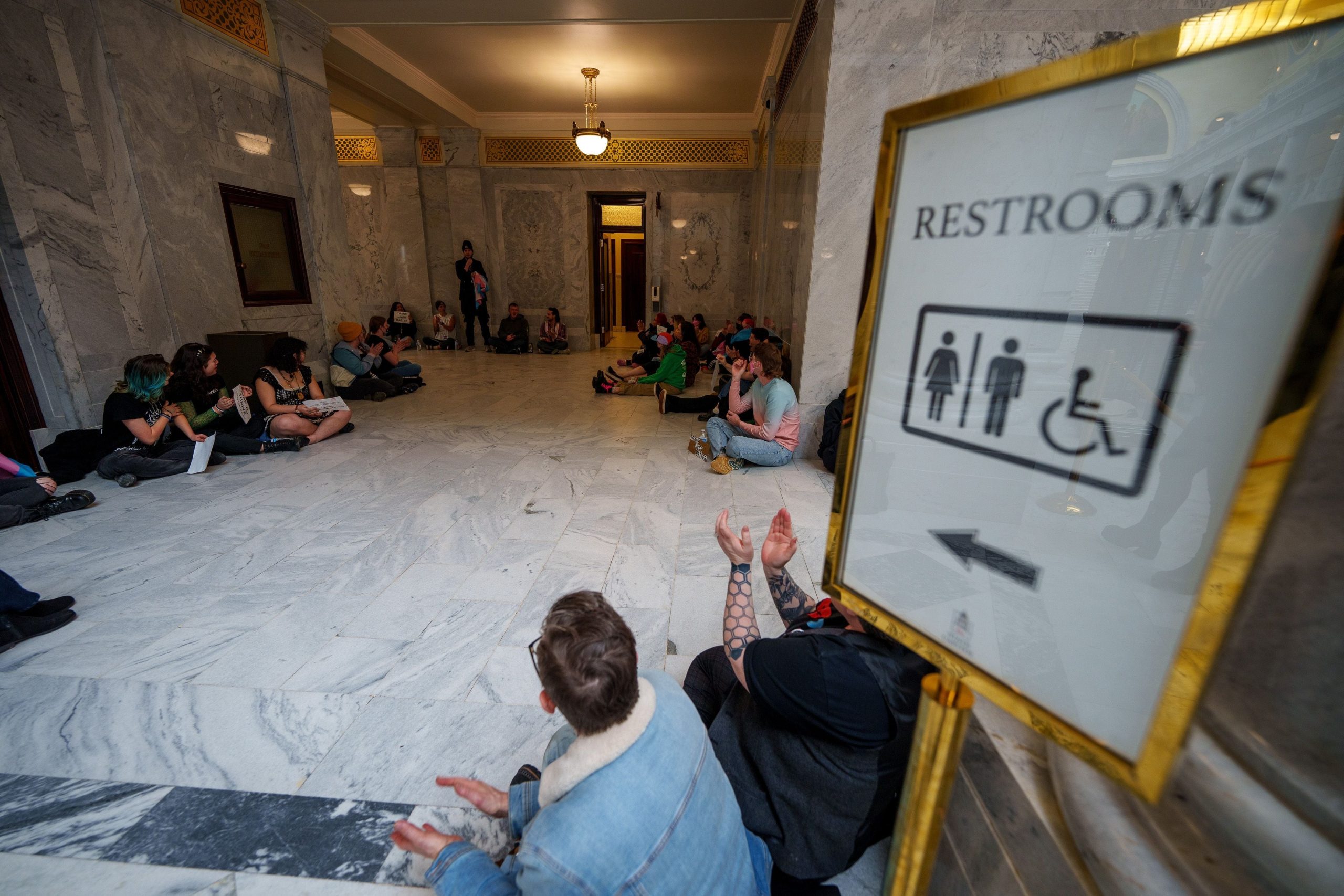Less than 72 hours after the launch of a reporting form aimed at helping Utah enforce its transgender bathroom ban, the state auditor’s office has been inundated with nearly 4,000 complaints — all of which appear to be baseless.
Utah Auditor John Dougall stated that none of the complaints received seemed credible upon initial review. He noted that some even listed his name as the complainant, indicating a lack of legitimacy. The complaints were relatively easy to screen, with obvious discrepancies raising red flags.
This flood of complaints comes in response to HB257, a law hastily passed by the Legislature and signed by Gov. Spencer Cox in January, which dictates that individuals must be categorized based on their reproductive organs at birth, leading to restrictions on which bathrooms and locker rooms transgender individuals can use in government-owned buildings.

The law also mandates the state auditor’s office to establish a process for receiving and investigating alleged violations and imposes fines of up to $10,000 per violation per day if violations are not resolved. However, the influx of complaints received by the auditor’s office appears to be an overreaction, with many submissions lacking credibility or substance.
Some critics have raised concerns about the reporting tool, particularly regarding the inclusion of a field for attaching images or documents supporting the complaint.
Salt Lake City Democratic state Sen. Jen Plumb questioned the appropriateness of allowing individuals to attach images to their complaints, expressing concerns about privacy and potential misuse of the feature.
While the new law does not make it a crime to submit false reports to the auditor’s office, repeated false allegations to emergency personnel could result in misdemeanor charges.

Additionally, the law imposes restrictions on transgender individuals, barring them from using gender-specific spaces that align with their gender identity in government-owned facilities.
Despite the controversy surrounding HB257, its passage was supported by misinformation and false claims about transgender individuals. An investigation found instances of elected officials sharing inaccurate information to justify the law’s enactment, further fueling concerns about its implications and enforcement.
The flood of complaints received by the Utah auditor’s office underscores the need for careful consideration and scrutiny when implementing laws that impact marginalized communities. It also highlights the importance of addressing misinformation and ensuring that legislation is based on factual evidence rather than prejudice or misconception.


